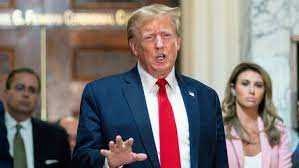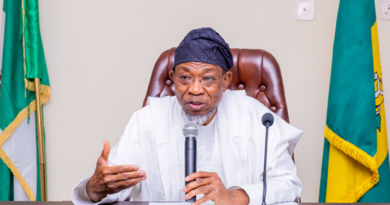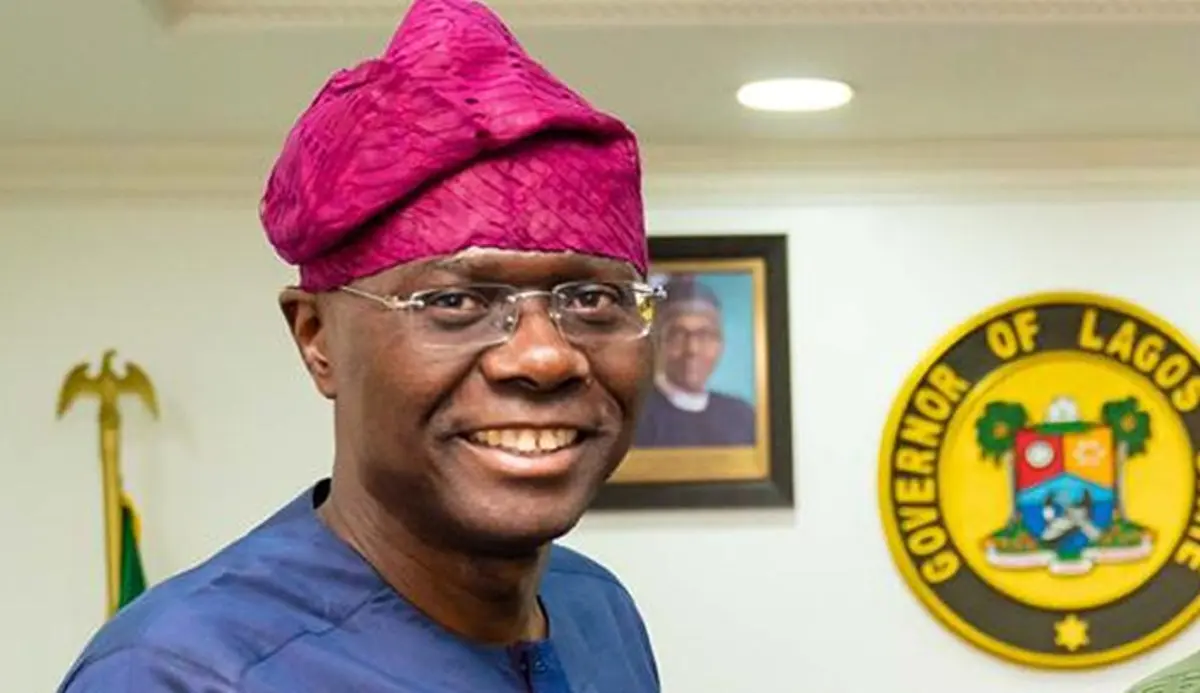Trump Returns to White House Raises Deportation and Border Policy Fears
Donald Trump has officially returned to the White House as the 47th President of the United States. His inauguration ceremony, held indoors due to extreme cold, marks the beginning of a second non-consecutive term, a historical achievement he shares with Grover Cleveland. The event saw notable attendees, including former presidents, global leaders, and prominent figures like Nigerian pastor W. F. Kumuyi.
Trump’s return follows his victory over Vice President Kamala Harris in the November 2024 election. Despite Harris taking over from Joe Biden as the Democratic candidate after a contentious campaign, Trump secured 312 electoral votes, reclaiming the presidency. His campaign was fueled by legal battles, assassination attempts, and a strong narrative of resilience.
Concerns are mounting over Trump’s hardline immigration policies, including promises of mass deportations and strict border measures. On his first day in office, Trump is expected to sign a record number of executive orders, reversing many of Joe Biden’s policies. His administration plans to target undocumented migrants, with deportations set to begin swiftly. Tom Homan, Trump’s appointed “border czar,” is expected to lead these efforts.
Trump’s presidency also promises significant international engagement. He has pledged to mediate in global conflicts, including the Russia-Ukraine war and the Israel-Hamas ceasefire while working towards improved relations with China. However, his domestic policies, particularly on immigration, have sparked fear among migrant communities, including Nigerians in the U.S., who previously celebrated Biden’s more inclusive approach.
Trump’s return to power signals a shift in U.S. policy, with a focus on aggressive actions both domestically and internationally. As his administration begins, the world watches closely to see how his leadership will impact global peace and internal policies.








